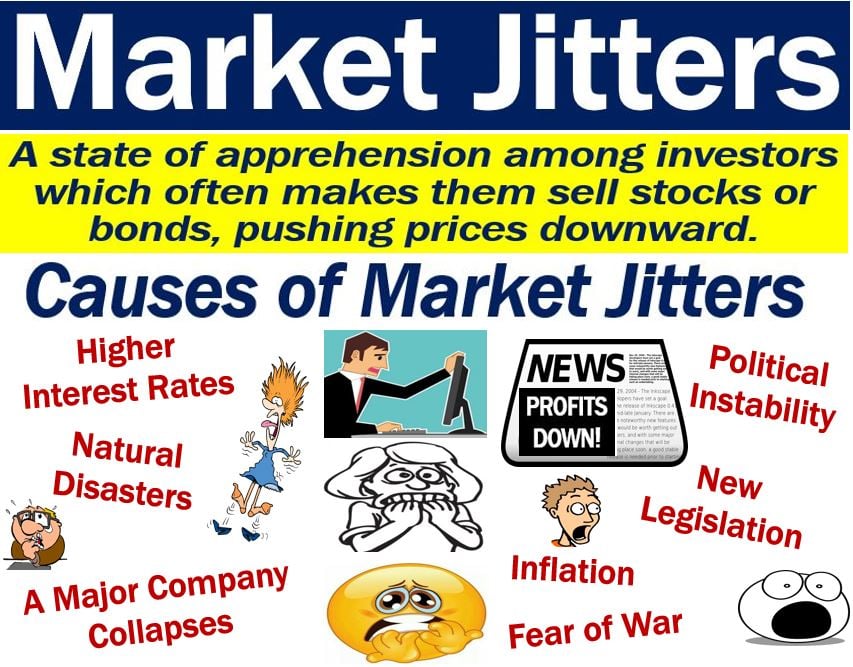Global financial markets experienced a downturn on Tuesday as investors reacted to the possibility of a shift in Federal Reserve policy. Bond prices fell, and equity markets faltered as traders adjusted their expectations for interest rate cuts in 2024.
This shift in sentiment stemmed from recent economic data indicating a more resilient US economy than previously anticipated. Strong December retail sales figures, coupled with a rise in homebuilder sentiment, suggested continued consumer strength. This data challenged the earlier narrative of a slowing economy necessitating rate cuts from the Fed.
Previously, investors had been heavily positioned for interest rate reductions later this year. This anticipation had buoyed both bond and stock prices. However, the recent economic data led traders to reassess this outlook. With a seemingly more robust economy, the Fed may be less inclined to cut rates as aggressively as some had predicted.
This recalibration of expectations triggered a sell-off in the bond market. As the perception of future rate cuts diminished, bond yields rose. A bond's yield and its price have an inverse relationship. When yields go up, bond prices go down.
The equity market also felt the tremors. Stocks joined the downward trend as the prospect of fewer rate cuts dimmed. A potential slowdown in interest rate reductions could dampen corporate profits and economic growth, both of which are positive factors for stock prices.
The Federal Reserve itself has also contributed to the evolving market narrative. Recent comments from central bank officials have adopted a more cautious tone regarding the possibility of easing monetary policy. This suggests a potential delay in any rate cuts.
The market volatility underscores the delicate balancing act the Fed faces. While aiming to combat inflation, the central bank also needs to be mindful of stifling economic growth. The recent data has introduced uncertainty regarding the pace of future rate adjustments, leading to a period of market unease.
Analysts remain divided on the long-term economic outlook. Some believe a slowdown is still on the horizon, albeit less severe than previously feared. Others remain optimistic, suggesting a recession is increasingly unlikely.
The coming weeks will be crucial as investors continue to parse incoming economic data and decipher signals from the Fed. The evolving economic picture will determine the trajectory of interest rate expectations and, consequently, the direction of financial markets.

